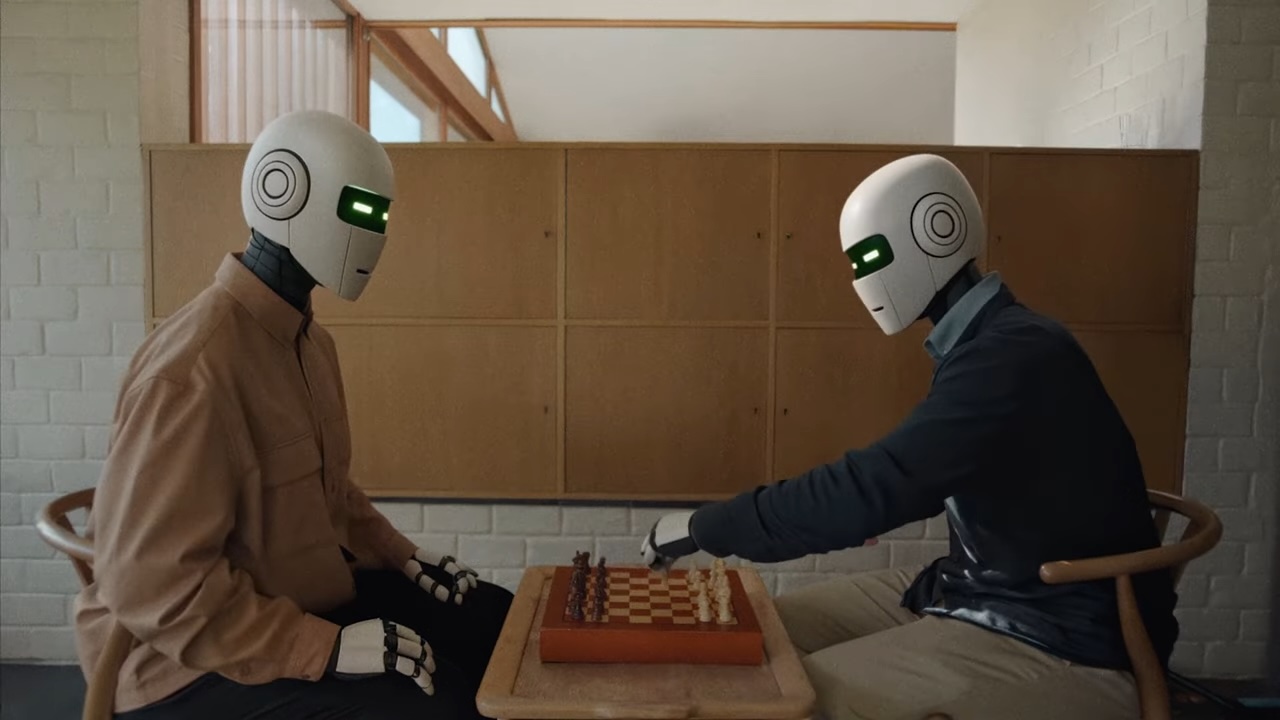Opera unveils Neon, a browser designed for both humans and AI agents

With Neon, Opera wants to change how the web works—not just for people, but increasingly for AI.
The new browser isn't just AI-assisted; it's AI-directed. Neon's built-in agents can collect information, complete tasks, and even generate content, often with little or no user involvement.
The browser is organized into three core modules: Chat, Do, and Make. Chat handles familiar tasks like web searches, translations, content generation, and image analysis. Neon's AI can pull data directly from the page you're viewing, and Opera says it understands over 50 languages through both text and voice input. Tab management works through natural language too—you just describe what you want.
The Do module goes further by taking action on your behalf. It can fill out forms, book trips, and make purchases without you having to click through each step. The browser reads websites as if they were plain text, interprets them, and executes instructions automatically. Opera says this all happens locally, inside the browser, to protect your data and privacy.
These sorts of automated workflows are typical of AI agents today—travel planning and hotel recommendations are well-worn use cases, bordering on cliché.
Make, the third module, is built for more complex tasks. It's Opera's answer to tools like Bolt.new, Lovable.dev, and the artifact features in Claude and ChatGPT. It's designed to take user ideas and turn them into finished products—whether that's a web app, a game, a financial report, or working code.
Neon's agents can work on multiple tasks at once, even when you're offline. In one case, the AI not only booked travel, but also created an interactive trip planning website as part of the process.
Neon Is Opera's Fifth Browser—And Not Its First Foray Into AI
Neon will be Opera's fifth browser, adding to a growing lineup that already targets niche audiences. Opera GX focuses on gamers, while Opera Air offers a stripped-down, minimalist experience. Opera One, launched in the summer of 2023, came with built-in ChatGPT. Whether Opera One will stick around after Neon arrives is still unclear.
Many details about Neon remain unknown. There's no release date yet, and the product page suggests it won't be free—pricing will likely follow a subscription model. Early access requires joining a waitlist and agreeing to receive promotional emails.
The browser market is shifting as AI tools become more deeply integrated. Google is building AI directly into Chrome, and companies like The Browser Company are launching entirely new platforms—first with Arc, now with Dia, and now Opera's Neon. The shared vision is that websites will increasingly be used by AI agents rather than people.
In the middle of this transformation, startups like Perplexity are challenging how online content is monetized. Tools like OpenAI's Operator show that browser-based AI agents are already functional—though they still have a long way to go.
AI News Without the Hype – Curated by Humans
As a THE DECODER subscriber, you get ad-free reading, our weekly AI newsletter, the exclusive "AI Radar" Frontier Report 6× per year, access to comments, and our complete archive.
Subscribe nowAI news without the hype
Curated by humans.
- Over 20 percent launch discount.
- Read without distractions – no Google ads.
- Access to comments and community discussions.
- Weekly AI newsletter.
- 6 times a year: “AI Radar” – deep dives on key AI topics.
- Up to 25 % off on KI Pro online events.
- Access to our full ten-year archive.
- Get the latest AI news from The Decoder.